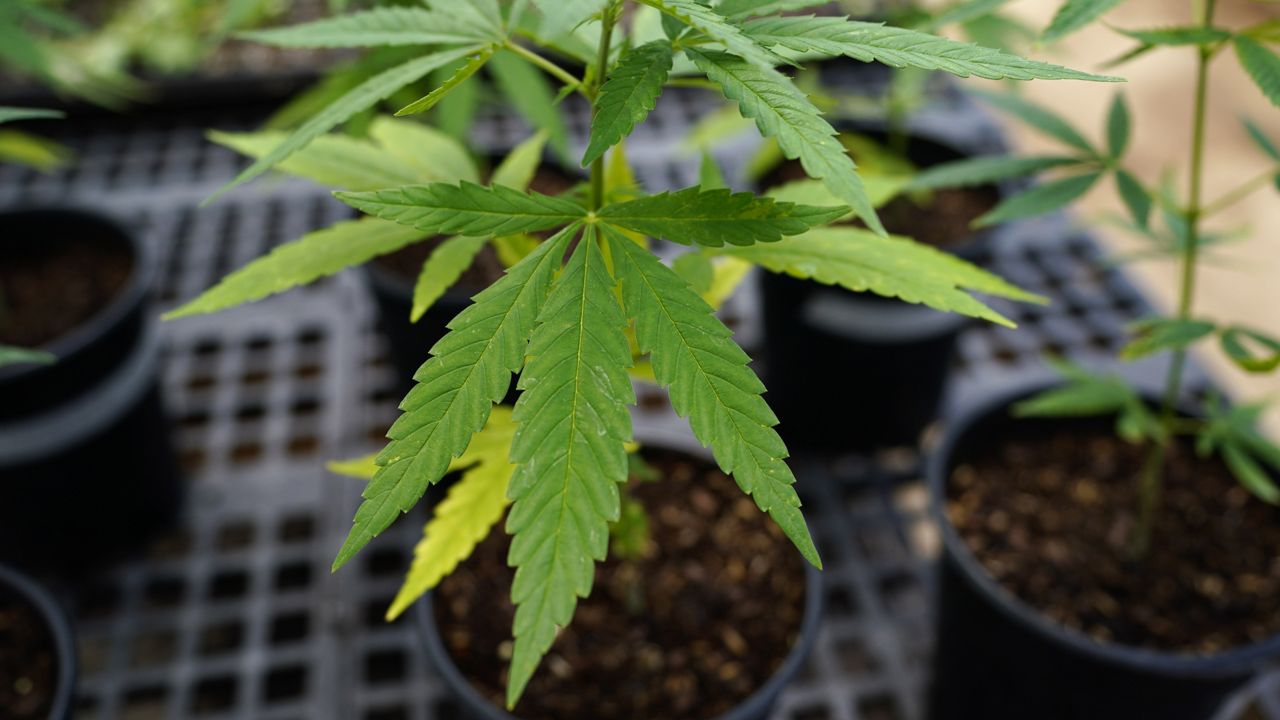AUSTIN, Texas — The Texas Supreme Court gave little sign Tuesday it would agree to strike a provision in state law to allow hemp growers the chance to manufacture smokable hemp products.
That would spell disaster for Dallas business owner Zain Meghani, whose family business Wild Hemp has spent the last four years attempting to perfect the mass-production of hemp cigarettes in an industrial park off Harry Hines Freeway in Northwest Dallas.
Hemp cigarettes – also referred to as CBD pre-rolls – are the biggest moneymaker in the Texas hemp market. That market is new, created and regulated by Texas lawmakers after Congress passed the 2018 Farm Bill. A provision to strike the manufacture of smokable hemp products was added in the Texas House and legally challenged almost immediately by hemp growers.
“This idea of being able to sell and distribute and use the products in Texas, and not be able to manufacture? It clearly doesn’t make any logical sense,” Meghani said. “It’s illogical that I have to move my manufacturing facility to Oklahoma, just to ship my product straight back down to the same wholesalers and the same retailers that sell it here in Texas.”
The smokable hemp market is expected to grow to between $300 million to $400 million by 2025, according to projections from Hemp Industry Daily. Local stores tell Meghani that hemp for smoking and vaping is roughly half of their total monthly revenue.
“It’s a huge, huge percentage of the revenue for a lot of these stores. It’s a lot of revenue for the wholesalers all over the state,” Meghani said. “And it certainly could be a devastating impact for us if that changed.”
Tuesday, an attorney for the hemp growers, Constance Pfeiffer of Yetter Coleman LLP, argued the state had no rational argument for implementing a “no smokable” provision. In fact, the state had failed to put up a single witness or to question the hemp growers’ witnesses.
That drew an immediate rebuttal from Justice Jimmy Blacklock.
“I think their position is that all of that presentation you made should have been made at a legislative hearing, where 150 elected representatives could have considered it before they passed this law, instead of going to a District judge,” Blacklock said.
Pfeiffer disagreed, saying nothing precluded hemp growers from opposing the law and asking the state to justify the decisions of its lawmakers.
“This is a very easy case because the state hasn’t even bothered to create a record, and they’re standing here in court saying, ’Just trust us. You can assume that these are interests that are advanced by the statute,’ even though that is refuted by the evidence in the record,” Pfeiffer said.
The state, in its final reply brief, argued that approving smokable hemp was a slippery slope, one that could force the state to face legal challenges from any number of substances.
Smokable hemp is a product with one of the highest profit margins for growers, Pfeiffer argued. To deny the ability to manufacture smokable products was an economic harm to the industry.
Justice Jeff Boyd did not appear convinced by Pfeiffer’s argument. He compared smokable hemp to casino gambling. Texas lawmakers have outlawed both.
“We may send (Texans) across the border to Oklahoma and Louisiana because a policy choice has been made. In Texas, we don’t want (casino gambling) here,” Boyd said. ”That’s the high-level policy choice. We may think it’s stupid that casino gambling is not allowed in Texas, and all I’ve got to do is drive across the border… but the legislature has the right to make that policy choice. The fact I may think it’s stupid does not make it irrational.”
Meanwhile, Meghani is prepared for the Texas Supreme Court to rule in either direction. He’s bought land right across the border, in Oklahoma, for a potential factory site.
“I can’t stop production. We have business,” Meghani said. “We have to continue producing the product. So, yeah, we’d move out of state.”



